Trust Mission
To provide our students with opportunities and experiences to enhance their life choices, making a positive contribution to the world we share.
Friesland Intent
Friesland School has a curriculum which embodies our values of Ambition, Teamwork, Honesty and Respect. Our broad and balanced curriculum is ambitious for all learners, everyone has equal access to the knowledge, skills and understanding that will enable them to make an exceptional contribution to society. At Friesland the curriculum is designed around producing:
- Respectful, open minded citizens who are prepared to make a contribution to their community
- Ambitious youngsters who read widely for pleasure and will do so for life
- Confident, creative individuals with the skills to thrive in the workplace as part of a team
- Resilient individuals, who have the courage to always give their best and honesty to assess and improve upon their weaknesses
School Principles
- The curriculum offered to all students matches and exceeds the expectations laid out in the National Curriculum. Our students study a broad range of subjects during our two-year KS3 before specialising across a significant suite of qualifications in KS4, with students afforded four options choices leading to above national EBacc uptake.
- Our belief in a knowledge-rich curriculum underpins our long and medium-term planning. Key knowledge is mapped across all curriculum areas, intelligently structured so that particular knowledge and skills are taught and revisited at appropriate points, supported by both summative and formative assessment.
- The curriculum is structured to build self-discipline, resilience and independent enquiry skills in our students, preparing them to become lifelong learners.
- Curriculum planning includes opportunities for low-stakes testing, retrieval practice, and revisiting topics and themes through carefully planned interleaving of topics. Consistent and coherently planned retrieval takes place in every lesson during our ‘do now’ activities. Intelligent use of assessment, both formal and informal, alongside timely feedback supports students to successfully access the curriculum.
- As students progress through our school, the curriculum will support their wider development and build their cultural capital through extra-curricular opportunities and events which develop students social, moral, spiritual and cultural development. Our students are offered extensive wider opportunities through extracurricular clubs, cultural trips and experiences, school shows and performances, sports clubs and teams, DofE Award and a variety of leadership, charity and diversity initiatives.
- We ensure that all our students are equipped to make informed choices about their future through explicit PSHE provision. The PSHE curriculum covers a range of topics including RSE (relationship and sex education) and healthy relationships, tolerance in society linked to racism and homophobia, drugs and alcohol, personal safety, financial decision making and mental health. Our PSHE curriculum is responsive to contextual local and national need as issues or trends arise.
- Literacy is a crucial bedrock of the curriculum at Friesland School. All students read for pleasure for nearly 2 hours each week during Years 7-9 and all students engage with regular DEAR (Drop Everything and Read) days across the year. We use NGRT tests twice-yearly to test students’ reading progress and identify students for intervention. We use Accelerated Reader to track reading success and target appropriate materials for students.
- We also ensure that our curriculum builds the oracy skills of our students, providing regular and explicit opportunities for our students to discuss and debate the topics they are learning, building on their oral dexterity and enhancing their life chances.
- A high-quality careers programme sits at the heart of preparing students for the world of work. We have an allocated careers advisor to enhance the careers education our students receive and fully prepare them for their next step in education, employment, and training. We deliver careers education, from Y7 to Y13, via our careers learning platform UNIFROG.
- The curriculum ensures that any potential equality issues are mitigated against by:
- Training of staff and sharing information about students who have additional needs so that they benefit from quality-first teaching.
- Investment in high-quality subject specialists to ensure our students are exposed to the best teachers and support staff.
- High-quality professional development ensures staff have the necessary knowledge, skills and understanding to deliver the curriculum intent. We are determined to offer our students consistency in lessons and we achieve this through developing teacher expertise in daily deliberate practice. Our whole school CPD programme takes place on Monday evenings, with a mix of whole staff CPD, targeted coaching support and middle leadership training. On Tuesdays focussed faculty, subject or pastoral CPD takes place, either following on from staff CPD or responding to needs identified by our quality assurance process.
- At Friesland school we continually review and evaluate the curriculum through our ‘deep dive’ and quality assurance processes to ensure it is adjusted and, where needed, improved for different cohorts and a changing educational and employment landscape. A full and robust audit takes place at the end of each ‘semester’ which feeds into associated action plans for continual improvement.
For more information on our school principles please view our full Curriculum Intent document

